Description
FSH Test (Follicle Stimulating Hormone)
The FSH Test measures the level of follicle-stimulating hormone in your blood. FSH plays a vital role in sexual development, reproductive health, and menstrual cycle regulation. It is essential for diagnosing fertility issues and hormonal imbalances.
Why It’s Done
| Health Concern | Purpose of FSH Test |
|---|---|
| Irregular Menstrual Cycles | Check for ovulation issues |
| Difficulty Conceiving | Evaluate fertility status |
| PCOS or Hormonal Imbalance | Diagnose polycystic ovary syndrome |
| Early or Late Puberty | Assess puberty development in children |
| Menopause Assessment | Confirm perimenopause or menopause |
| Low Libido or Sperm Issues | Evaluate testicular function in males |
Result Interpretation
| Group | Normal Range (Approx.) | What It Indicates |
|---|---|---|
| Women (pre-menopause) | 4.7 – 21.5 mIU/mL | Normal cycle, ovulation support |
| Women (post-menopause) | 25.8 – 134.8 mIU/mL | Confirm menopausal transition |
| Men | 1.5 – 12.4 mIU/mL | Supports sperm production |
| Children | Varies by age and sex | Detect developmental disorders |
High FSH may indicate ovarian/testicular failure
Low FSH may suggest pituitary/hypothalamic dysfunction
Symptoms That May Need FSH Testing
-
Fertility struggles
-
Missed or irregular periods
-
Symptoms of menopause
-
Delayed puberty in children
-
Low testosterone levels in men
Why Choose the FSH Test?
-
Crucial for infertility evaluation
-
Helps monitor hormone therapy or IVF
-
Useful in menopause management
-
Supports diagnosis of pituitary disorders
Note:
Reference ranges may slightly vary depending on lab methods, age, gender, and timing in the menstrual cycle.
Always consult a qualified physician for accurate interpretation.

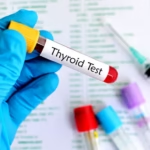

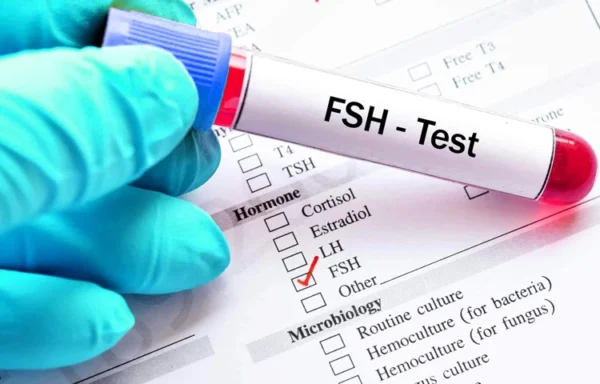


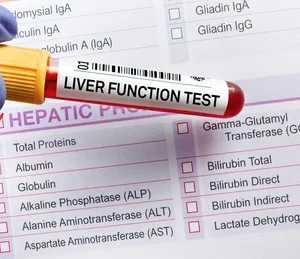
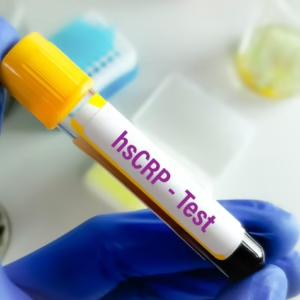
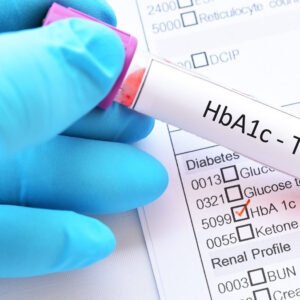
 Widal Test
Widal Test
Reviews
There are no reviews yet.